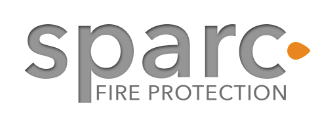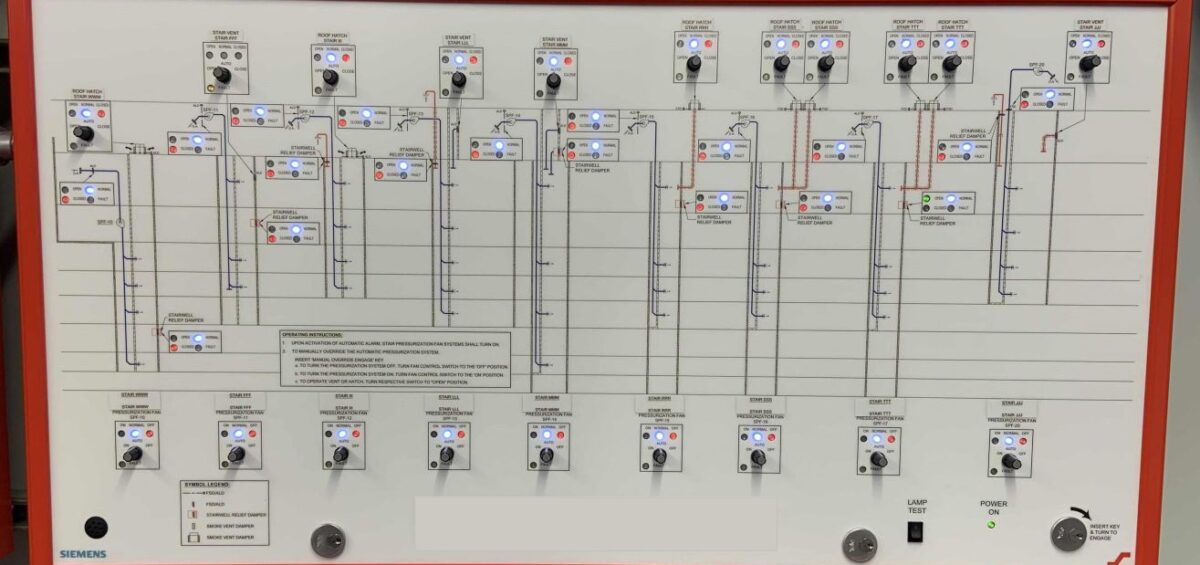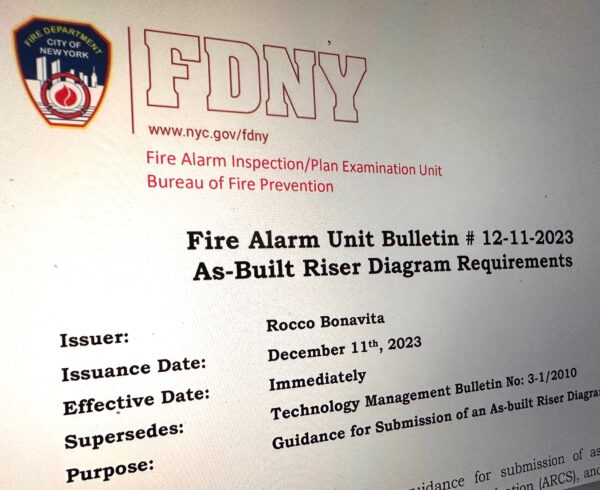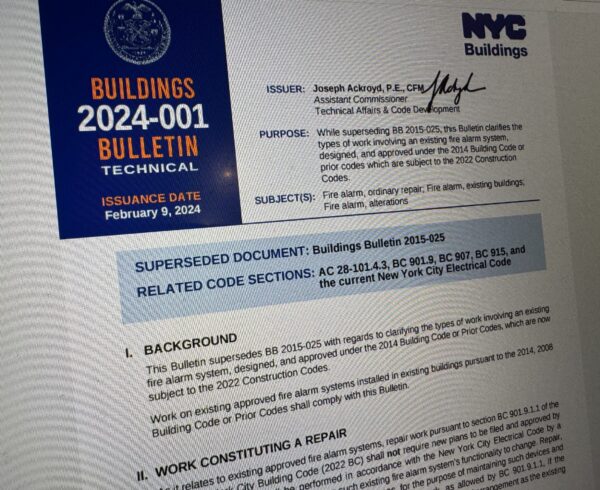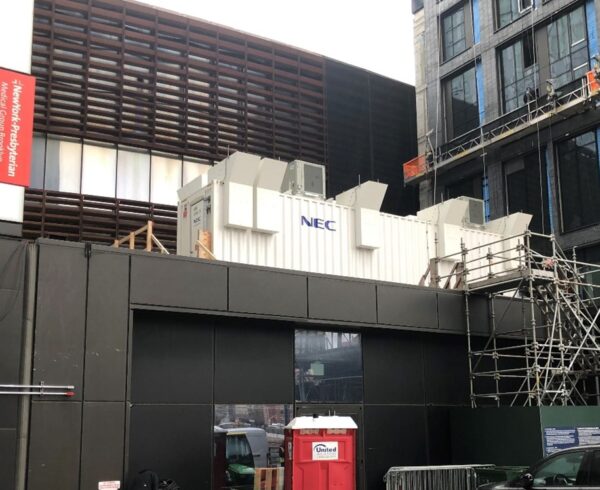Annual Testing Requirements for Smoke Control Systems
When the term “Smoke Control System” is used, what is the first thing that comes to mind? Is it an Atrium Smoke Control system, a Stairwell Pressurization System, or a Smoke Exhaust System? All of those are different types of smoke control systems, with the same purpose: to alter the movement of smoke to improve the occupant’s tenability and allow for a safe egress time. NFPA 92, Standard for Smoke Control Systems, defines a smoke control system as “An engineered system that includes all methods that can be used singly or in combination to modify smoke movement.” The annual testing requirements for smoke control systems ensure that these systems perform as intended when needed most.
The two methods of smoke control are the Pressurization Method and the Exhaust Method. The Pressurization Method is achieved by supplying air into a building from one or multiple locations to prevent smoke from entering the pressurized area. The Exhaust Method utilizes a mechanical system to move the smoke to the exterior of the building. Both methods can be achieved by a mechanical system, and annual testing requirements include ensuring both methods operate effectively.
NFPA 92 classifies smoke control systems into two types: Dedicated Smoke Control System and Non-Dedicated Smoke Control System. Each type has different annual testing requirements to comply with the relevant codes.
Applicable Codes Requiring Smoke Control Testing
The annual testing requirements for smoke control systems vary by jurisdiction, as cities and states adopt their own sets of codes. The most common codes are the International Building Code (IBC), the International Fire Code (IFC), the International Mechanical Code (IMC), and NFPA standards, including NFPA 1, Fire Code, and NFPA 92. Although codes may differ depending on the edition adopted by the Authority Having Jurisdiction (AHJ), the annual testing requirements can be found in these key standards.
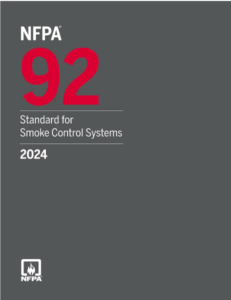
Annual Testing Requirements for Smoke Control Systems
In jurisdictions utilizing the IMC and IBC, annual testing requirements for smoke control systems are outlined in the IFC, Section 512 of the IMC, and Section 909 of the IBC. Specifically, Section 909.22 of the IFC prescribes that Dedicated Smoke Control Systems must be operated for each control sequence semi-annually. For Non-Dedicated Smoke Control Systems, annual testing requirements are found in NFPA 92, which mandates at least one test annually.
What is Tested as Part of Smoke Control Testing?
The annual testing requirements cover all equipment related to the system. This includes initiating devices, fans, dampers, controls, doors, and windows. NFPA 1 Section 11.8.2.1 states that operational testing shall confirm the full sequence of operations under various initiating conditions. Annual testing requirements are designed to ensure all components function correctly, as even one malfunctioning part can compromise the entire system.
NFPA 92 Section 8.6.3 goes into detail about airflow and pressure measurements that must be taken during testing. These measurements must align with the originally designed values to verify system functionality. Therefore, annual testing requirements ensure that all data points correspond to the design to confirm the system’s operational readiness.
Who Can Perform the Test?
According to NFPA 92, annual testing requirements for smoke control systems stipulate that testing must be conducted by professionals thoroughly knowledgeable in the operation, testing, and maintenance of these systems. Ensuring the reliability and effectiveness of your smoke control system during an emergency is critical, and only qualified experts like those at Sparc Fire Protection can ensure full compliance with annual testing requirements.
What Can You Expect?
At Sparc Fire Protection Engineering, we specialize in conducting thorough and personalized smoke control system tests that meet all annual testing requirements. Our team prepares detailed testing protocols and ensures that every part of the system operates correctly according to the guidelines set out in NFPA 92.
What’s the Takeaway?
Meeting the annual testing requirements is not just about compliance—it’s about ensuring the life safety of building occupants by allowing for safe egress during a fire. Regular testing identifies issues before they escalate, helping to keep systems functioning as designed when they are needed most.
Ensure your smoke control systems are always performing at their best. Connect with Sparc today to discover how our expert team delivers seamless, code-compliant testing, guaranteeing safety and peace of mind.
